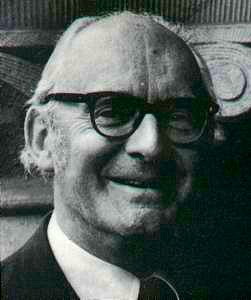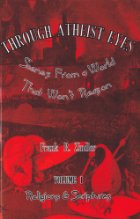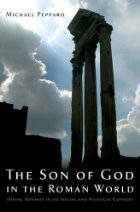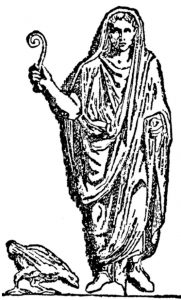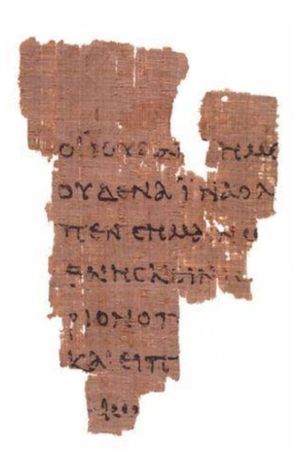 With thanks to Larry Hurtado and the PhD student who brought this to his attention, I have accessed a recently published article that, as Dr Hurtado himself says, “all concerned with the study of NT manuscripts should read”:
With thanks to Larry Hurtado and the PhD student who brought this to his attention, I have accessed a recently published article that, as Dr Hurtado himself says, “all concerned with the study of NT manuscripts should read”:
As Hurtado himself points out, “the authors are both professional/trained palaeographers, and Clarysse is the founder of the extremely valuable Leuven Database of Ancient Books (LDAB), which provides data on all published/edited manuscripts from the ancient world, and can be accessed online here.”
The point of the recent article? Again, Hurtado:
The object of the recent article is a critique of the tendencies of a few scholars in NT studies to push for early datings of NT manuscripts, sometimes highly improbably early datings.
Of course the one manscript that is of most popular and controversial interest is P52, that small scrap of text from the Gospel of John. I won’t repeat all the details here since they are widely known and readily available on Wikipedia. The main point of interest of this fragment is that it is generally dated to around 125 CE, and that since it was found in Egypt, this date accordingly is evidence that the Gospel of John, generally thought to have been composed in Asia Minor, must have been some time earlier than 125 CE. And since the Gospel of John is widely considered the latest of the canonical gospels, this fragment can serve as evidence for the traditional dating of the Gospels — the last decades of the first century.
Larry Hurtado does not appear to be particularly interested in P52 since he makes no mention of it in his post, though he does mention around 15 other manuscripts.
So for the benefit of those who are curious, here are the relevant points and conclusion of Pasquale Orsini & Willy Clarysse. Continue reading ““New” Date for that St John’s Fragment, Rylands Library Papyrus P52″




